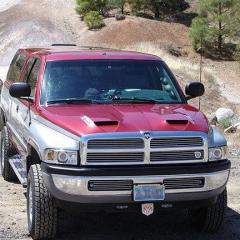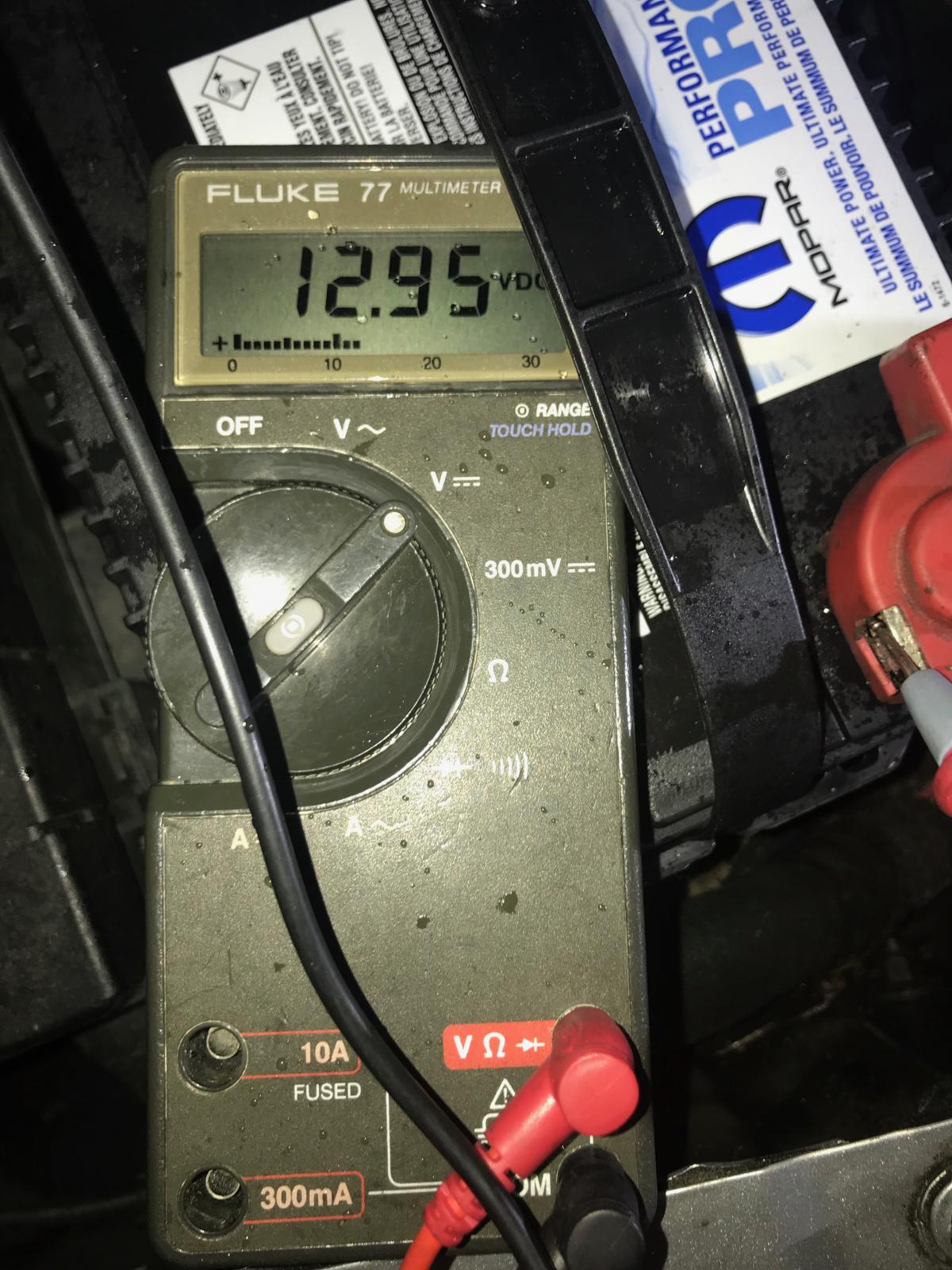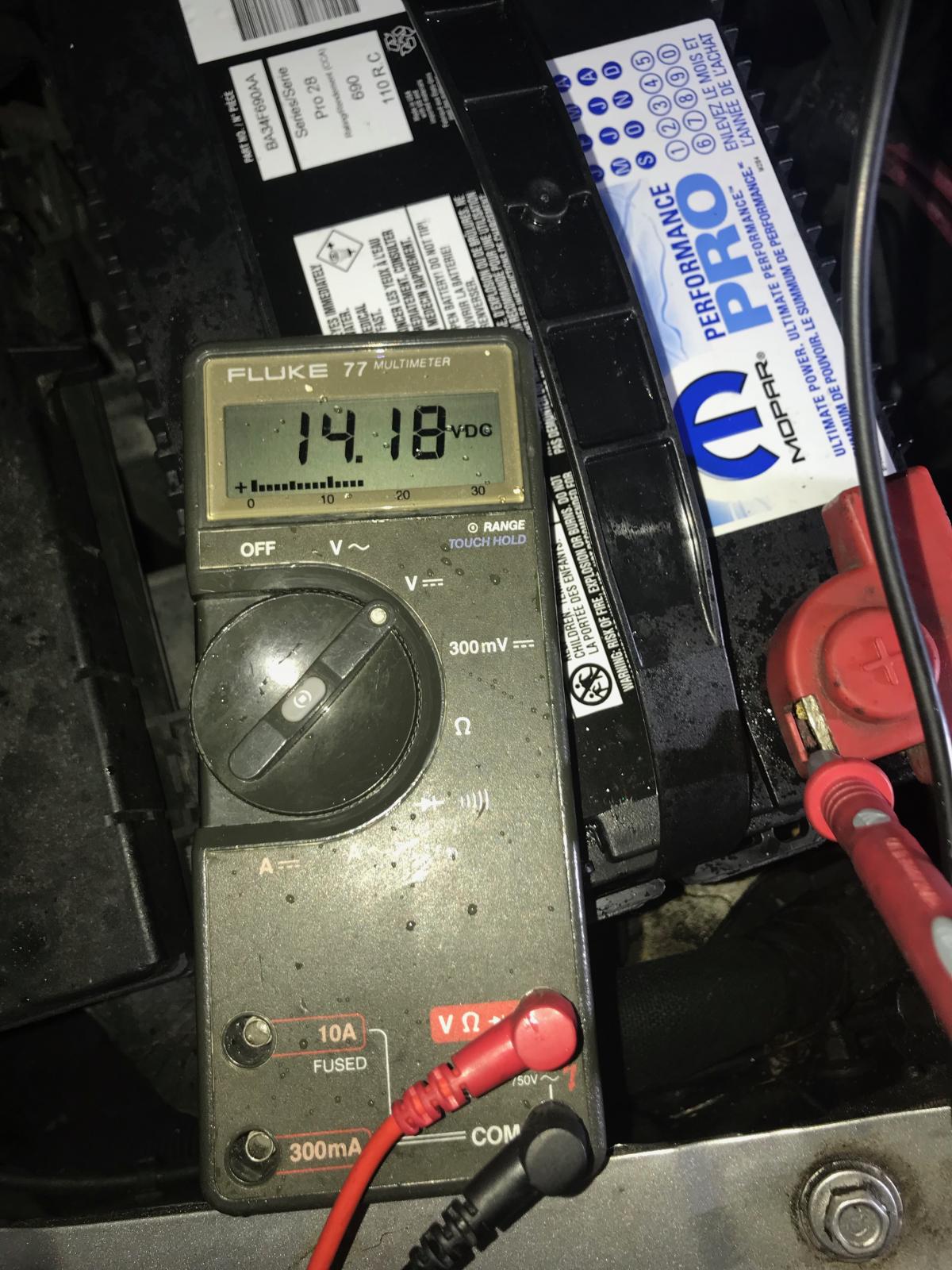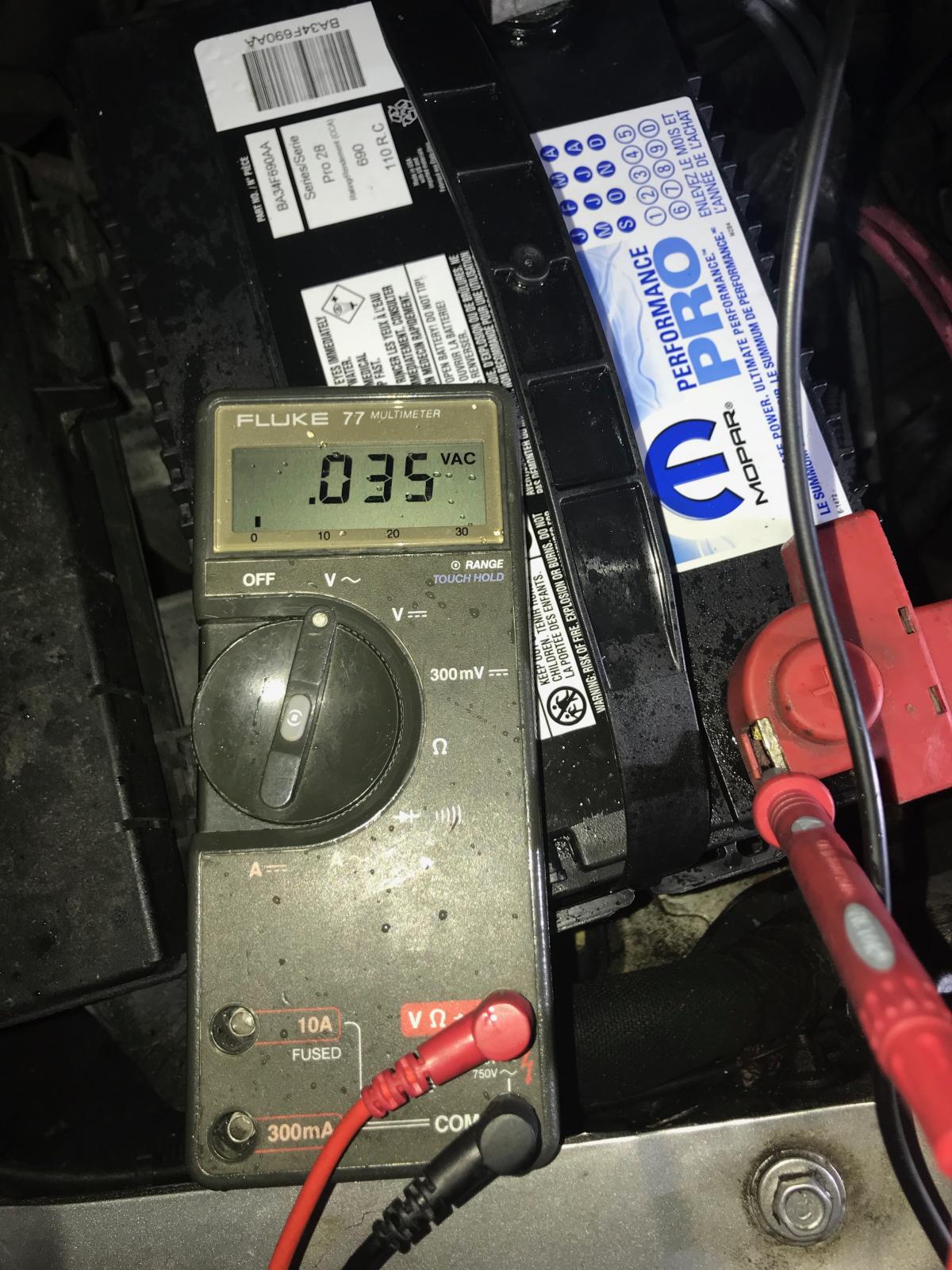- Replies 85
- Views 11.2k
- Created
- Last Reply
Top Posters In This Topic
-
 rotohead 17 posts
rotohead 17 posts -
 dripley 14 posts
dripley 14 posts -
Exalted85 14 posts
-
 Mopar1973Man 12 posts
Mopar1973Man 12 posts
Most Popular Posts
-
I just posted, but I see that Dripley beat me. He went into more depth and provided more information than I did. Are you using an electric soldering gun? What is the wattage? The joint i
-
Statistical probability ends with me. If it can happen it will happen to me from my experience. Or close to that. For real. Edit: I'm a paraplegic in a wheel chair from a less then 2 % cha
-
I am pretty electrically challenged myself, but WT's ground mod is pretty simple and @Mopar1973Man explanation is in a little more laymans terms. I mostly understood it, but if you just open the harne






I think I've got some electrical issues. My main problem is the apps. It probably needs to be replaced..but I'm trying to properly diagnose it, or if it's something bigger.
Back story. The truck at all speeds has what I think is "dead pedal". 47re. When I'm taking off, the truck seems to go, then cut, then go..like it's not certain where the pedal is, even though I haven't moved my foot.
The biggest problem for me is highway driving. I can't maintain speed with cruise control. If I reset the apps by unplug, key on reset, it'll work for a while, then fall off. If I set cruise control, at say, 65mph..rather than keeping a steady engine load of say, 20%, to maintain 65 on flat road..it will shoot you to 30% for a second, then drop to 0, then jump up to 25, then zero, etc..it's like it can't properly use or calculate what the appropriate engine load needs to be.
I've tried cleaning grounds: pcm strap, passenger body, I've deleted and hard wired passenger battery ground disconnect, I've installed a bd noise isolator, mounted to that clean passenger side body ground.
So ohm testing. I'm no electrician, but here's what I've found. I have a digital mm, on screen it sets m infinity symbol..I guess that is milliohms? (Is that even a thing)..when the truck is off, putting neg on pass battery neg, pos to alternator case, I get 0. However, on the body grounds, firewall pcm strap, and body ground with bd iso, I get 0.03.
With the truck running..alternator case / block, it's still 0. However, body grounds and firewall ground to pcm go up to..0.16. Is this within spec, and what could cause such huge increase?
I have a nation's alternator, because my old one was leaking ac noise..this one however, is not. My black / tan is routed out to radiator, then around to battery. It is not wrapped in tin foil.
I had my battery terminals replaced with military terms. (I asked for new cables too, but they retermed old..). Anyway, I've noticed some battery spill on both batteries. Passenger side new pos term has a tiny bit of corrosion, but the term itself has turned dark gray. I never had any corrosion on my old terms..and I did notice my voltage, temporarily in the morning, was higher than usual..not grid heater fluctuating, but constant. I felt the battery cables when I got home that day, they weren't warm at that time..but I feel like I've got some intermittent electrical issues I don't know how to identify properly.
Oh, and my radio stopped working completely. It started off occasionally, then it would randomly turn back on once n a while..now it never turns on. It has power, lights, hitting volume turns clock on for a few seconds, then turns off again.
My blinkers, both sides, randomly stick on. I think that has to do with gauge installation tho..probably unrelated.
Jesus, sorry for long winded post..I hope someone can skim and help lol.
Batteries are from 2015..had them load tested at an interstate battery store..said they were fine